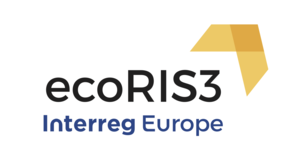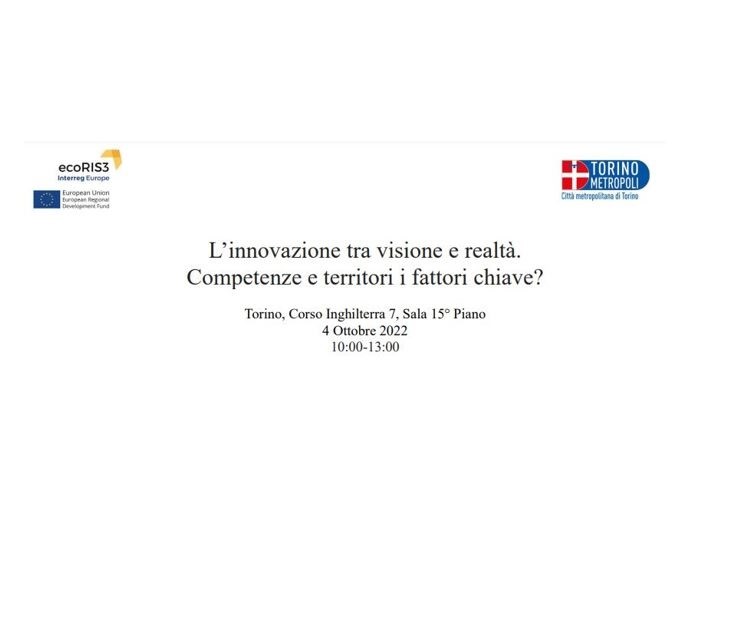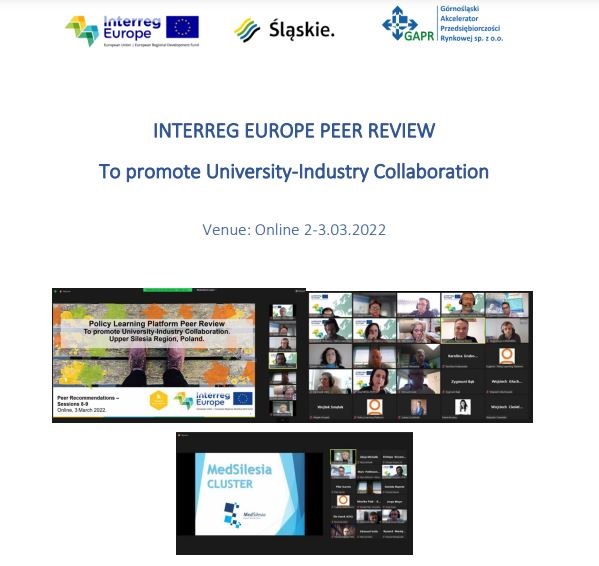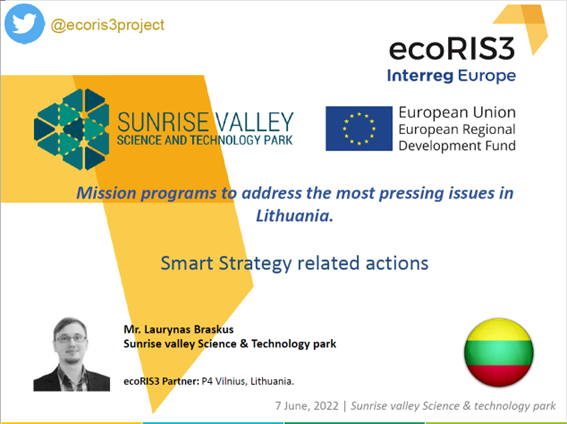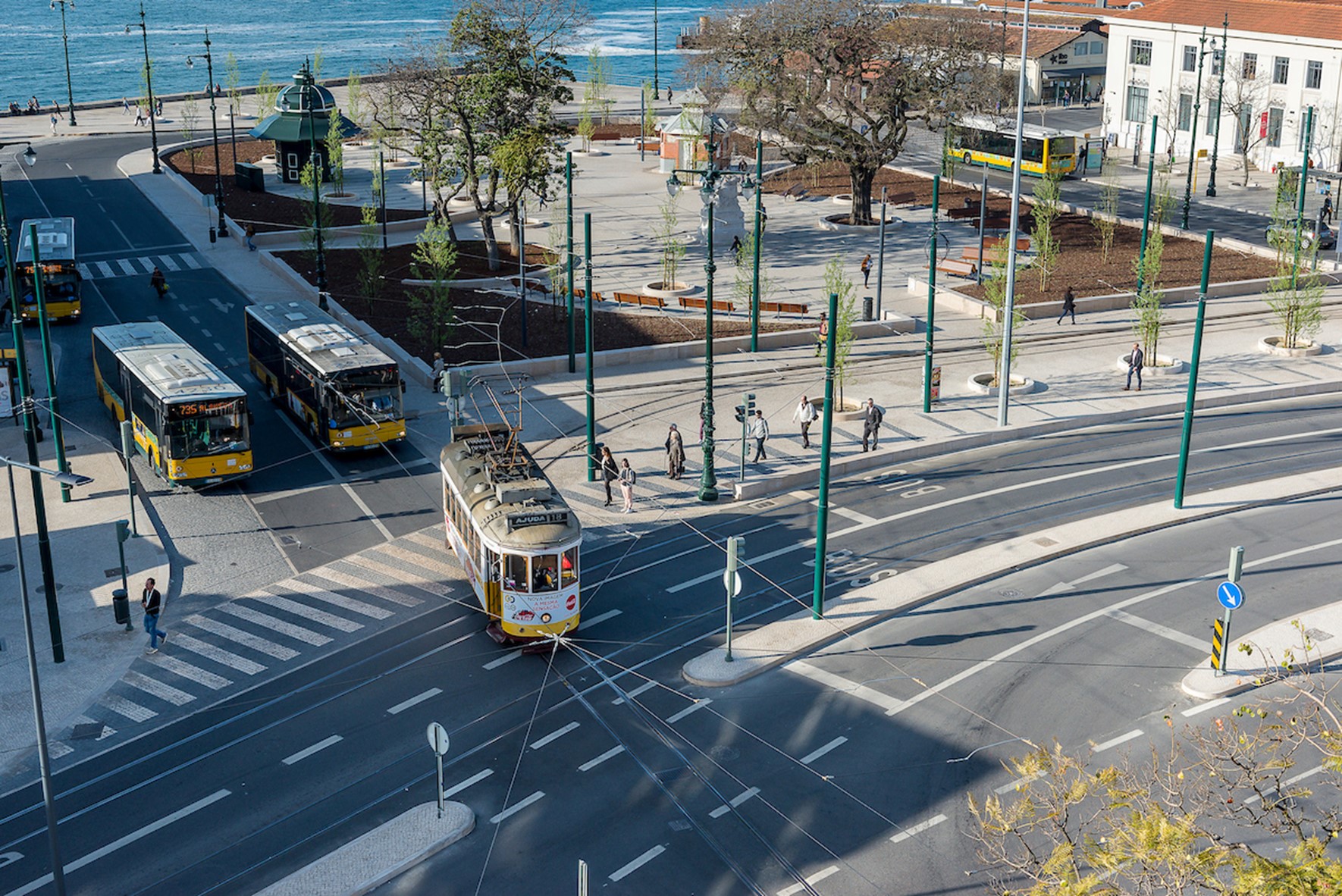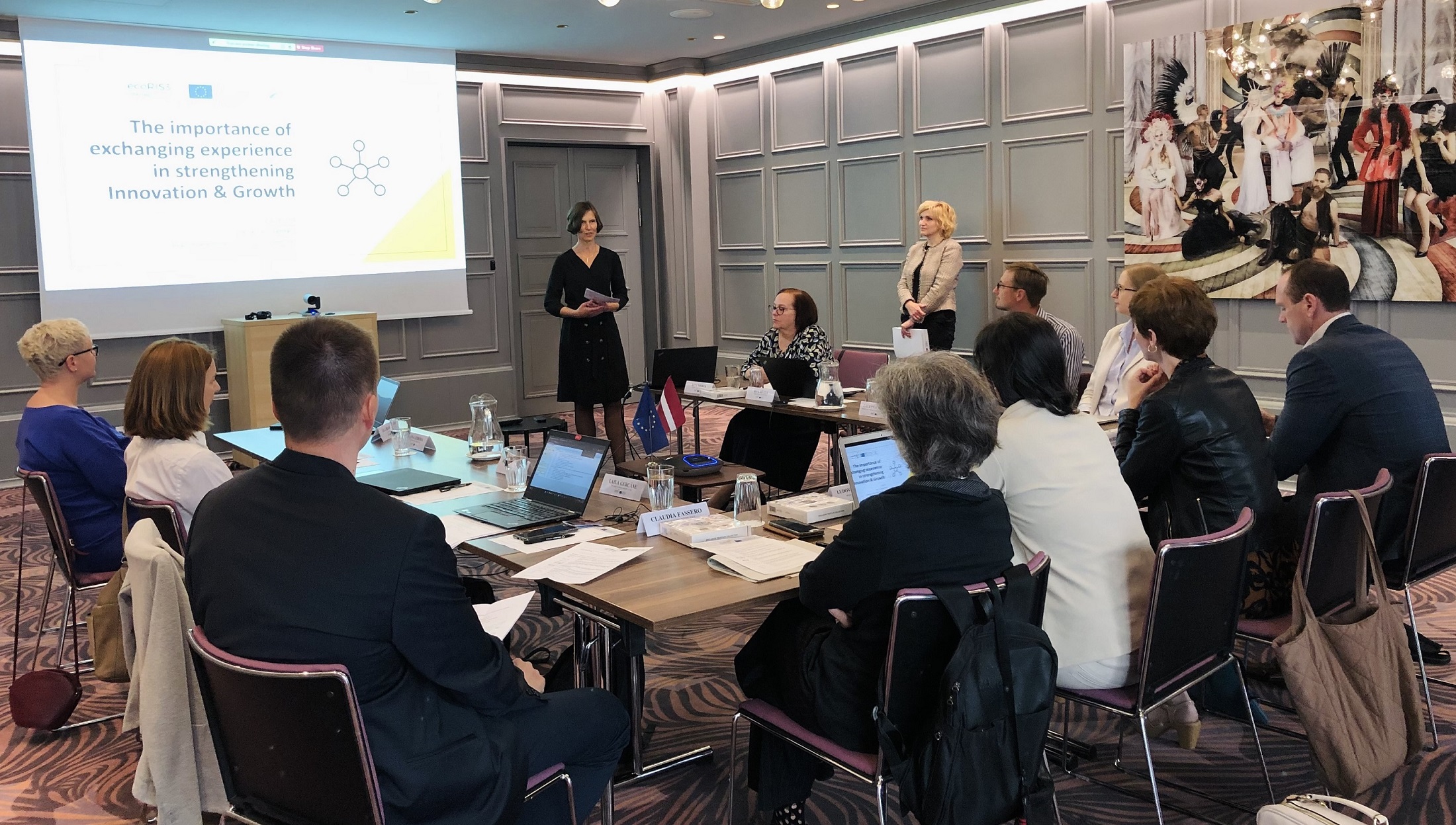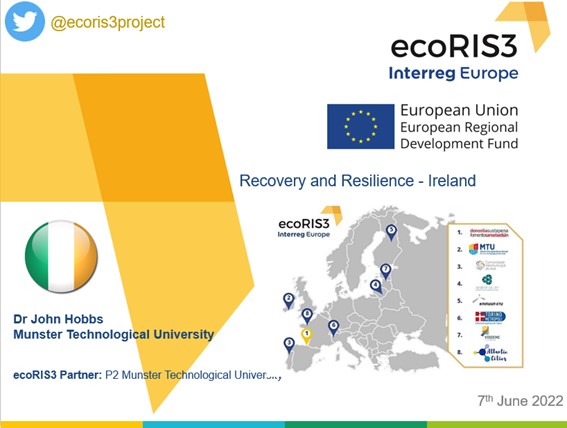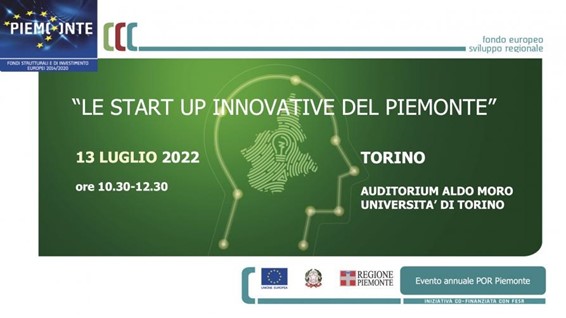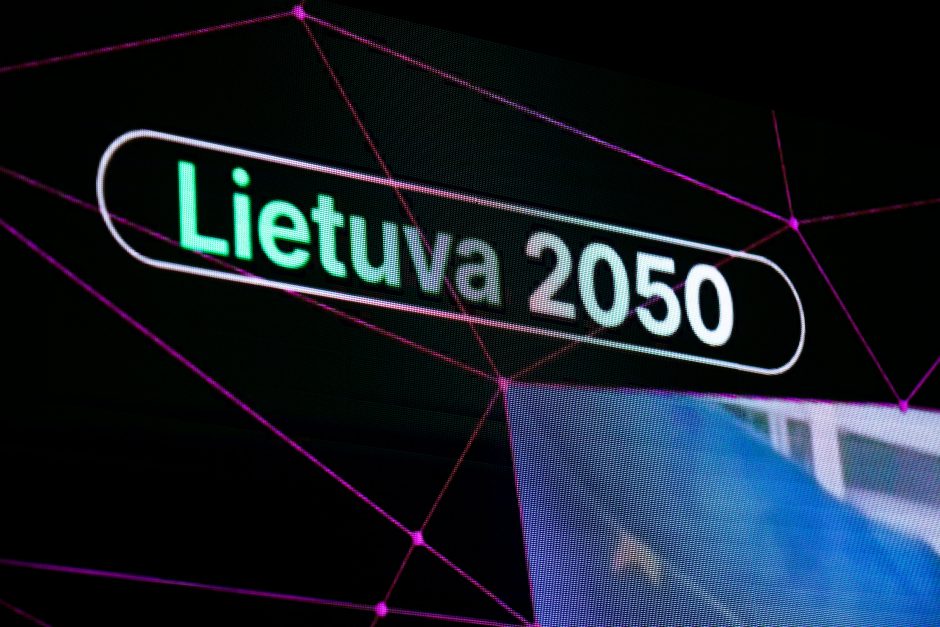The international seminar "Quadruple Helix and RIS3 Intelligent Specialization Strategy" was held this Tuesday, April 2nd, at the Landscape Laboratory, in Guimarães. Focusing on the ecoRIS3 project, several partners met in an attempt to raise awareness on the need to align with the intelligent specialisation strategy.
Rosário Azevedo, First Intermunicipal Secretary of CIM do Ave, welcomed the attendees of the seminar. This presentation was followed by a conference on "Technology Transfer and Innovation" trends carried out by the keynote speaker Alexandre Almeida, from the National Innovation Agency.
The Seminar has provided a fruitful opportunity to present good practices on the successful cooperation between the actors of the Quadruple Hélice (Universities / Technology Centres - Business - Entities / Public Policies - Society), with examples from Spain (San Sebastian) Donosti Up, Ireland (Cork) Tyndall National Institute, Latvia (Vidzeme region) and Finland (Kainuu) Gaming Cluster.

Image: Keynote speakers of the International Seminar 'Quadruple Helix and RIS3 Intelligent Specialization Strategy,' Laboratório da Paisagem, Guimaraes, Portugal, 2nd April 2019.
It was with the idea of smart specialisation as a "present and future" strategy that Rosário Azevedo started the seminar. The First Intermunicipal Secretary of CIM do Ave underlined that the bet on this strategy is "an articulation between several entities". "Specialisation presupposes a multi-level intervention, from public to private entities or from research institutions to companies. This strategy is only possible after a very clear definition of the sectors in which we want to invest and to put in dialogue all the partners who can foster this strategy in order to obtain the best products and services", he explained.
Rosário Azevedo highlighted that it is "important to raise awareness on the need for monitoring". "We have to be attentive to understand where the strategy is working well and improve those strengths, as well as where it can be inflected to be corrected in time".
Alexandre Almeida, from the National Innovation Agency, explained that smart specialisation is, in a simpler way, "to look at what our characteristics are and understand how we can draw a trajectory of differentiation that is competitive in the global market". "The logic is not to bet openly on everything, but to choose consciously and dynamically. In other words, we must exercise humility and honesty when we realize that there are competitors who are better than us and understand what our characteristics are, because we have always thought that we are better than we are. From then on, we have to make choices based on what we have, what we can have and how we can build with these resources. It is not worth going against the market or our characteristics", emphasized Alexandre Almeida.
At this event, organised by the Intermunicipal Community of Ave, four good practices from the RIS3 project partners were presented by Fomento San Sebastian, Cork Institute of Technology, Valmiera Creates and Kainnu Etu Oy. The project main objective is to contribute to the improvement of the main public policy instruments, focusing on the implementation of RIS3 - Regional Strategy for Intelligent Specialisation, within the framework of regional innovation ecosystems, in a broader institutional context corresponding to the four-helix actors. In a lively debate conducted by João Cerejeira, Assistant Professor at the European University Institute, partners and public shared visions and ideas on the role of the four helix actors in the RIS3.

Image: Dr John Hobbs, V-LINC Research Group, Cork Institute of Technology, speaking at the 'Quadruple Helix and RIS3 Intelligent Specialization Strategy' workshop at Laboratório da Paisagem, Guimaraes, Portugal, 2nd April 2019.
For Further information on the seminar please contact Vera Soares, CIM do Ave via e-mail @ [email protected] or see https://www.guimaraesdigital.com
